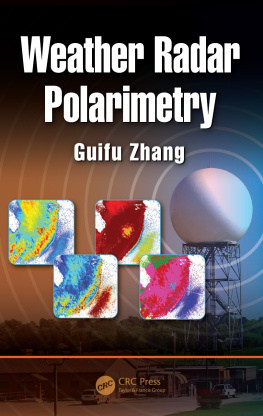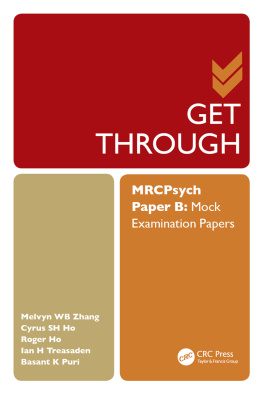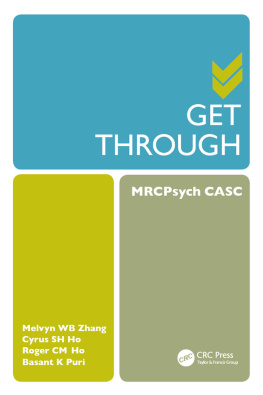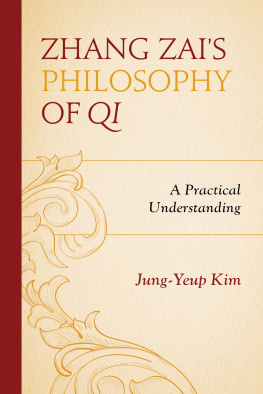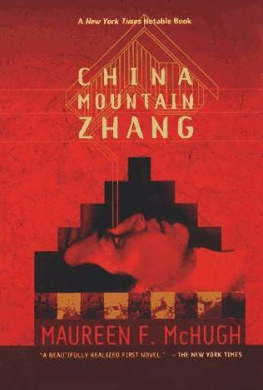Acknowledgments
This book is the culmination of seven years research and several field trips to southwest China. Returning to Kunmingmy hometownto study the profound impact of the privatization of home ownership on urban space, class-making, and community governing offered a rare opportunity for me to re-experience the city where I grew up. This book represents my long-term struggle to make sense of the changes and emerging social landscapes brought by post-Mao marketization and commercialization. Overall, it was a rewarding and enlightening process that allowed me to delve deeper into Kunmings social world, a world to which I am still closely connected. At the same time, I was also saddened to see the old cityscape vanishing rapidly and a new uneven geography of urban living transforming the city into a hierarchical space visibly marked by money, power, and consumer desires.
Throughout this process I have accumulated many intellectual and personal debts. Above all, I wish to extend my deepest gratitude and appreciation to the people in Kunminghomeowners, developers, property management staff, migrant home-remodeling workers, domestic workers, and security guardswho welcomed me into their world and generously shared with me their aspirations, fears, longings, and sorrows in their search for a better life. Some of them became long-term friends and let me probe some difficult issues in their private lives. Without their help and cooperation, the ethnographic research this book draws from would not be possible. I thank them for their time, patience, and hospitality from the bottom of my heart.
My fieldwork, research, and writing were made possible by a number of grants, awards, and fellowships: the Wenner-Grenn Foundation for Anthropological Research, the University of California Presidents Research Fellowship in the Humanities, UC Davis Chancellors Fellow Program, and the Faculty Research Grants, the Institute of Governmental Affairs, and the Davis Humanities Institute at the University of California at Davis. I thank them all for the generous financial support. My sabbatical leave also provided a block of precious time during which the main body of the book was drafted.
I have benefited greatly from numerous productive discussions and conversations with the following colleagues, friends, and students: David Bray, Teresa Caldeira, Rob Culp, Deborah Davis, Marisol de la Cadenas, Michael Dutton, James Ferguson, Sara Friedman, Susan Greenhalgh, Erik Harms, Michael Herzfeld, James Holston, You-Tien Hsing, Jennifer Hubbert, Sandra Hyde, Andrew Jones, Suad Joseph, Alan Klima, Matthew Kohrman, Ching Kwan Lee, Xin Liu, Susan Mann, Shannon May, Elizabeth Perry, Rima Praspaliauskiene, Benjamin Read, Roger Rouse, Suzana Sawyer, Bill Skinner, Alan Smart, Carol Smith, Luigi Tomba, James Watson, Rubie Watson, Mayfair Yang, Fulong Wu, Alexei Yurchak, and Yongming Zhou. Their insights, suggestions, critical reading, and provocative questions have challenged me to sharpen my analytical lens at different stages of the writing. In particular, I would like to thank Aihwa Ong, Ann Anagnost, Joe Dumit, and Ralph Litzinger for their careful and astute reading of my introduction and for encouraging me to situate the project in a larger comparative scope beyond China. I enjoyed immensely the many stimulating informal conversations I had with Aihwa and Joe over lunch and coffee, which made the writing process much more pleasant. I am fortunate to have Aihwa as an informal mentor as well as a kind friend. She is never afraid of offering candid and sharp critiques of my work yet at the same time she always believes in my project, offers most engaging comments, and encourages me to ask bold questions. I also wish to thank my student Bascom Guffin for his very helpful reading of and thoughtful editorial assistance for the first draft of this manuscript.
Various parts of the research were presented at the annual meetings of the American Anthropological Association, the Association for Asian Studies, and the Royal Geographic Society Annual Conference. I was also invited to present my work at seminars, workshops, and conferences hosted by Columbia University, College of the Holy Cross, Harvard University, MIT, Princeton University, the University of California at Berkeley, the University of Chicago, the University of Sydney, the University of WisconsinMadison, Yale University, and Yunnan University. I very much enjoyed the intellectual exchange with the audiences at these occasions. My initial editor, Peter Wissoker, was extremely attentive, warm, and supportive. I am grateful for his sensible suggestions and unflagging enthusiasm for this project. After Peter left Cornell University Press, I was fortunate to work with another fine editor, Roger Haydon, who patiently guided me through the later phases of the publishing process with confidence. At the press, I also wish to thank Candace Akins for her skillful help in the production stage, and John Raymond for his careful copyediting work. Special thanks also go to the anonymous reviewer, and to Jeff Maskovsky and Hilary Cunningham, who read the manuscript carefully, challenged me with tough questions, and offered most engaging and detailed comments. My revision benefited greatly from their insights and critique, which helped strengthen the manuscript.
Earlier , slightly different versions of the following chapters were published in these works: a small part of Chapter 1, in 2006, as Contesting Spatial Modernity in Late Socialist China, Current Anthropology 47 (3): 46184. Chapter 4, in 2008, as Private Homes, Distinct Lifestyles: Performing a New Middle Class, in Privatizing China: Socialism from Afar, edited by Li Zhang and Aihwa Ong, Cornell University Press. Chapter 5, in 2004, as Forced from Home: Property Rights, Civic Activism, and the Politics of Relocation in China, Urban Anthropology 33 (24): 24781.
Calligraphy on page ii courtesy of Professor Zhang Wenxun. All photos were taken by the author.
My family across the Pacific is an oasis of love, security, and support. While in Kunming my parents nourished me and my daughter with countless wonderful home-prepared mealsa typical way for Chinese parents to express their love. My father, a retired university professor, already in his early eighties, has been keenly interested in my project from the very beginning and played a key role in the initial stage of formulating the research focus. He is a true role model for me. His love, integrity, serenity toward life, and unceasing intellectual vigor will always inspire me to become a better and more complete human being. I also am grateful to my parents and my sister for sharing their guanxi networks with me and for introducing me to several friends of theirs who became key informants for this research. My father insisted on accompanying me to two potentially dangerous residential sites where intense conflict between homeowners and the management was taking place.
Finally and most important, I owe a great emotional debt to my husband, Mark Miller, for being always there for me and for his unflagging confidence in me and in every project I have undertaken. His love, kindness, and passion for discovery have sustained me through the years. Our daughter, Emily, who was conceived at the same time this project was first conceived, is a constant source of delight. She has been with me on every field trip I have taken for this research. I cherish her company and especially her bright smiles that have made all the journeys magically enjoyable.


 For Emily, Mark, and my father
For Emily, Mark, and my father 


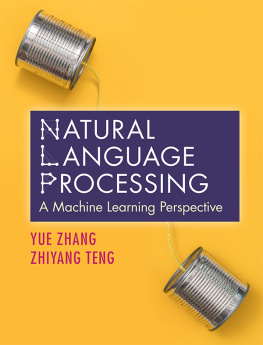
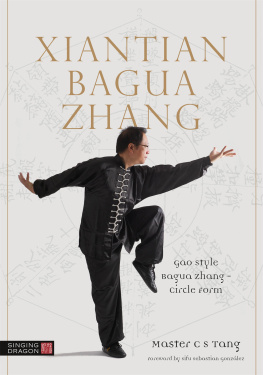
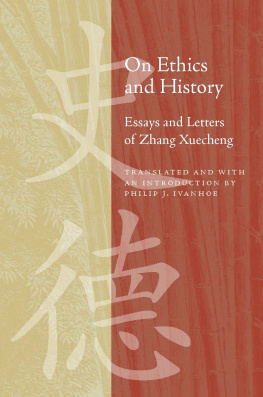
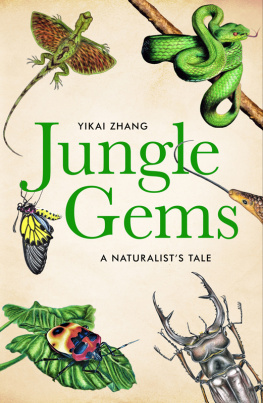
![Zhang Gongzhe [张公者] - Contemporary Chinese Calligraphy [当代中国书法]](/uploads/posts/book/126572/thumbs/zhang-gongzhe-contemporary-chinese.jpg)
